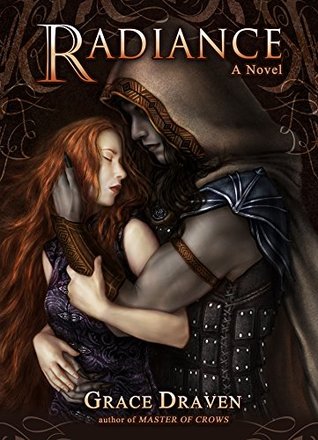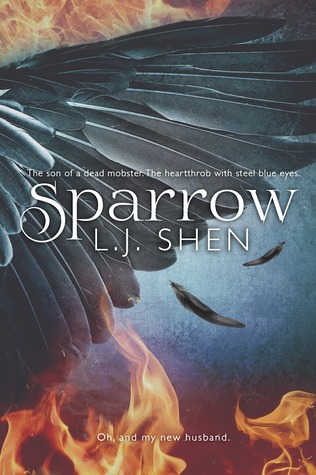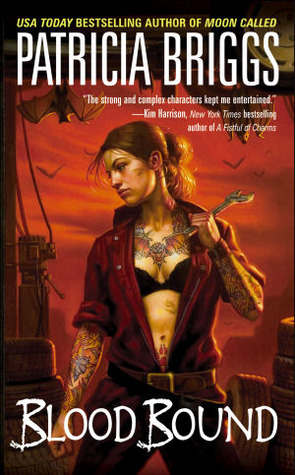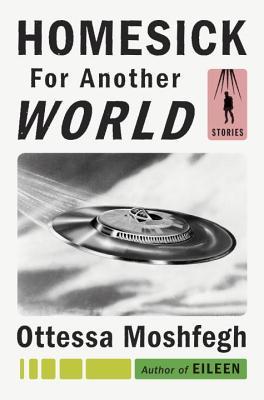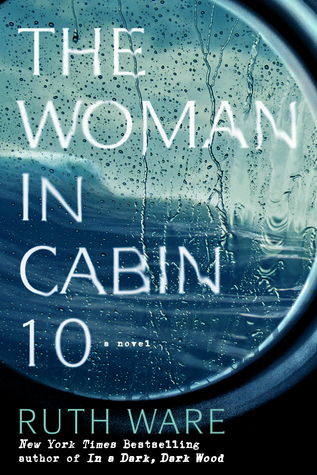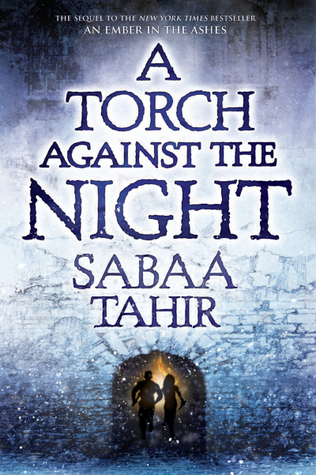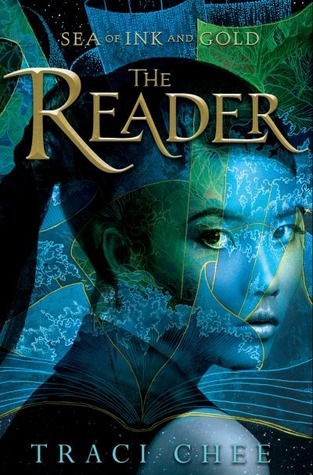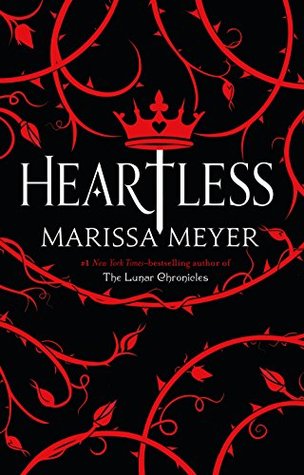 First off, can we take a moment to step back and appreciate the brilliance of this cover design? The New York skyline with Luna and Phoebe's silhouettes, emblazoned against a moon that is also a microphone--whoever did this cover design is a pro. (Clearly, because I assume they did get paid for it, but you know what I mean.)
First off, can we take a moment to step back and appreciate the brilliance of this cover design? The New York skyline with Luna and Phoebe's silhouettes, emblazoned against a moon that is also a microphone--whoever did this cover design is a pro. (Clearly, because I assume they did get paid for it, but you know what I mean.)Girls in the Moon was my Book of the Month selection for January. I also picked up Lucky You by Erika Carter (which isn't due out until March) but GITM was my primary choice. I wasn't actually thrilled by the description, but it seemed to fall into the realm of mildly interesting, so I went for it. Boy, am I glad that I did.
This is a positively lovely book. I think that's really the best word for it. Lovely. The story is that of Phoebe Ferris, who's finishing out her summer vacation between her junior and senior years of high school by visiting her older sister, Luna, who lives in New York when she's not touring with her new band, Luna and the Moons. Also to be considered is that Phoebe and Luna's parents are Meg and Kieran Ferris, two of the members of a band that was big in the 90s called Shelter. Kieran hasn't been in Phoebe or Luna's lives for the past three years, but Phoebe knows he's also in New York, so she plans to see him while she's there, too...and maybe learn something about her parents' rock star past, which she can't remember and which her mother refuses to really speak of, going so far as to pretend she's not Meg Ferris whenever anyone asks. Oh, and she wants to see Archer, the bassist in Luna's band who Phoebe has been texting since they first met earlier in the year, and who is probably the only person who knows about Phoebe's budding poetic, lyrical talent.
Phoebe is a character with whom it is easy to empathize. Her summer has pretty much been a disaster for two reasons. First, she and her best friend got into a fight over a boy. (Ah, high school.) Well, not really a fight, but something that has certainly put a damper on things, especially because said friend lives directly across the street. And then there's Meg herself, who is pressuring Phoebe to talk Luna into staying in college instead of going on tour with the Moons. She's a little introverted and seems to think in song lyrics sometimes, jotting them down in text messages when they come to mind. And while she doesn't crave fame and fortune, she wants to know more about her family and where she comes from, something that her mother has been reluctant to discuss and her father hasn't been present to. She wants to make her own way but isn't sure how to do so, unlike Luna, who always seems to know exactly what to do and when to do it.
None of the characters here seemed superfluous and the setting of New York was perfect here. I've only been to New York once, and I hated it for the short time I was there, but this made me want to go back and see it in a different light. Luna's life in New York isn't perfect and Phoebe's aware of it, but she savors her time there nonetheless, and seems to really live. Then there's the beauty of McNally's writing itself. It's not overwrought and is actually pretty simplistic, but she has a way of just making things very clear and picturesque at the same time. I didn't feel like there were any big plot holes here, and the secondary story going on--Meg's story, going back in time from the present to essentially when Shelter first started, in leaps and bounds, just a few pages at a time--lent another dimension to Phoebe and Luna's story in the present. And the lyrics spattered throughout the book, single lines as they are, seem exactly like lyrics to the sort of songs I would have loved to listen to when I was Phoebe's age, and probably even still today.
Overall, this was an absolutely beautiful read, and a wonderful first Book of the Month for 2017. It has a sort of nostalgia and optimism that's perfectly suited for these rather grim times, and I wholeheartedly recommend it.
4.5 stars out of 5.

